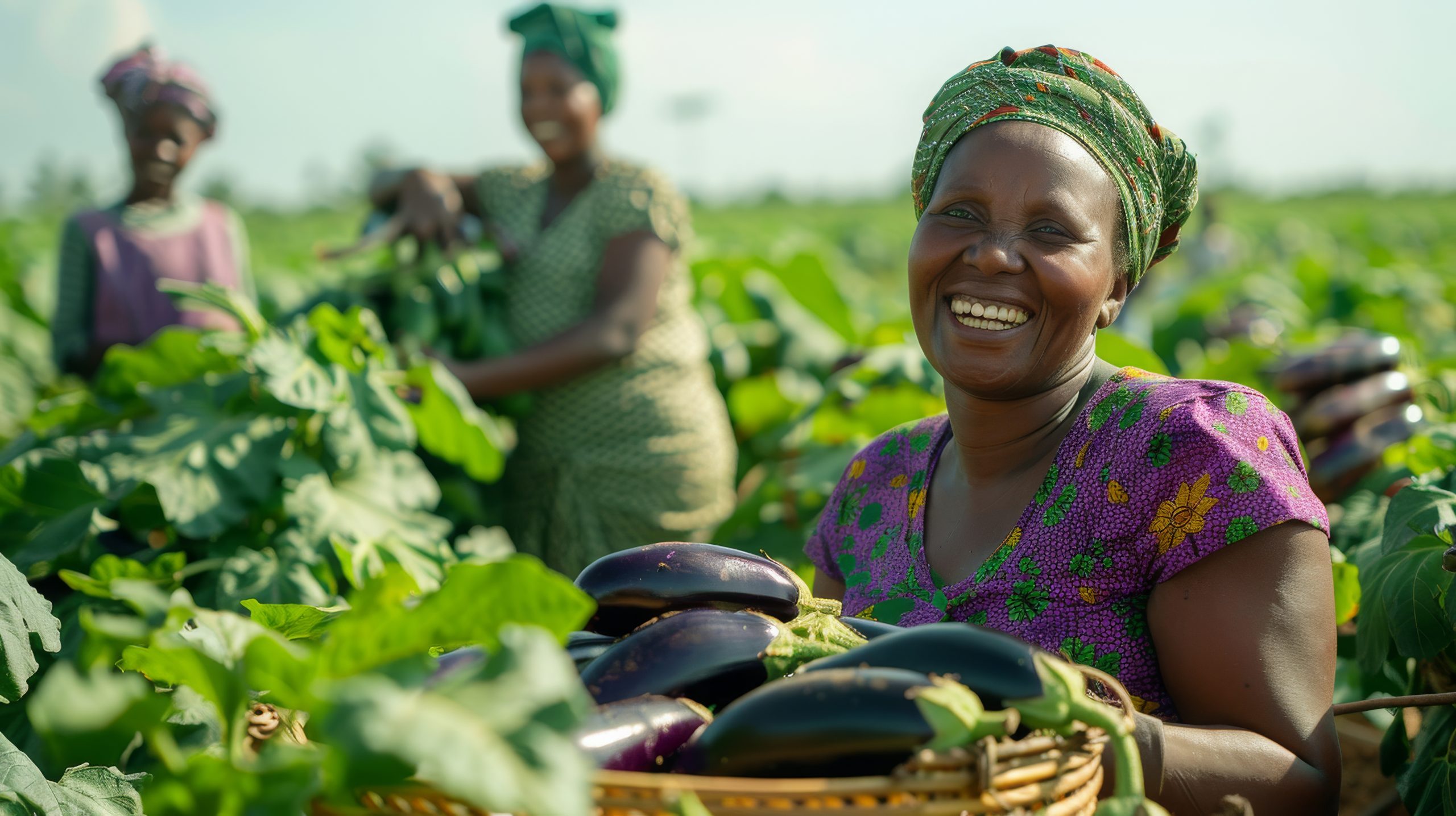President Bola Tinubu is taking a bold bet on agriculture. Start with the 2025 fiscal budget, in which ₦826 billion was earmarked for agriculture in contrast to the ₦362 billion in 2024. Although the agro budget marked only a measly 1.7% of the total budget, it represents the largest agricultural investment in the last four years.
Earlier this week, the president commissioned thousands of specialised farm equipment, including tractors and bulldozers, as part of an industrial drive to boost food output across the country.
Nigeria faces an uphill battle with revving up a sector that’s plagued with a multitude of challenges. The country’s rain-fed farming makes it highly vulnerable to erratic climate patterns, like drought and floods, which have become more frequent, disrupting planting seasons and resulting in poor harvests.
In recent years, escalating tensions between farmers and herders in rural areas in northern Nigeria have added to the mix. Farming communities have become displaced by bandit attacks and communal clashes, prompting many villagers to flee their homes and abandon their farms.
Smallholder farmers, who make up more than 80% of the country’s farming population, are at the heart of the country’s food production. Most of these farmers own less than five acres of land, cultivate small plots handed down through generations, and rely on manual tools. However, only a measly 10% engage in mechanised farming.
Today, the president aims to tackle some of the problems afflicting food production in the country by deploying sophistication into the country’s farmlands. But there are significant hurdles to widespread adoption.
First, Nigeria relies heavily on imported machinery, which is out of the reach of smallholder farmers. Despite being the heart of food production in the country, more than 72% of smallholder farmers live below $2 each day, according to the Food and Agriculture Organisation. Beyond the initial purchase, the costs of fuel, lubricants and especially spare parts to keep the equipment running are likely to discourage small-scale farmers from making the switch.
Moreover, most farmers operate on small, piecemeal plots of land, which they inherited from their ancestors. There are instances where one acre of land has multiple owners, typically members of the same family or clan. These small, scattered plots make it impractical to employ modern machinery like tractors and harvesters and scale up subsistence farming.
Over the years, the Nigerian government has initiated many different credit facilities to support its farmers. But these loans and grants have yielded only modest progress. The predominantly subsistence farming method in Nigeria means many farmers have limited income and property, which are a major requirement. What’s more, banks often prefer lending to more established agro ventures, which are perceived to pose lower risks compared with smallholder farmers.
Allegations of cronyism are widespread. Some of the government grants targeted to small-scale farmers hardly trickle to the intended beneficiaries. Political connections or affiliations determine who receives these grants.
Poor infrastructure only adds to the challenge. Erratic electricity supply and inadequate repair facilities make it difficult to maintain and operate machinery, especially in rural areas where support services are few and far between.
There are also cultural attitudes. Many smallholder farmers are accustomed to manual farming techniques and may be wary of adopting new technologies that they perceive as threats to their jobs. Without adequate public education and demonstration of the employment opportunities that come with agricultural mechanisation—such as machinery operation, maintenance and processing—adoption may remain slow.
Despite the hurdles, Tinubu’s aggressive investment in agriculture offers a glimmer of hope. If accompanied by targeted reforms—such as land consolidation incentives, better financing models and extensive training—it could mark a turning point in Nigeria’s decades-long struggle with food insecurity.
Without addressing these underlying issues, however, the president’s bold gamble risks becoming just another ambitious plan lost in Nigeria’s long history of failed agricultural investments.
President Bola Tinubu has significantly increased Nigeria's agricultural budget, allocating ₦826 billion for 2025, the largest in four years, indicating a strong push to revive agriculture in the country. Despite this, the sector faces challenges including climate vulnerability, farmer-herder conflicts, and reliance on subsistence farming. Smallholder farmers, crucial to food production, face barriers such as limited resources, access to mechanization, and land fragmentation. Tinubu's focus includes mechanization, but the high cost of imported machinery and poor infrastructure pose major hurdles to adoption.
Additionally, past government efforts to support farmers with credit facilities have seen limited success and allegations of cronyism. Many smallholder farmers prefer traditional methods due to insufficient educational outreach on the benefits of mechanization. Nonetheless, Tinubu’s investment, paired with reforms like land consolidation, better financing, and extensive training, could catalyze significant improvement in agriculture and food security in Nigeria. However, without addressing systemic issues, the initiative risks becoming yet another unfulfilled plan in Nigeria's agricultural history.






